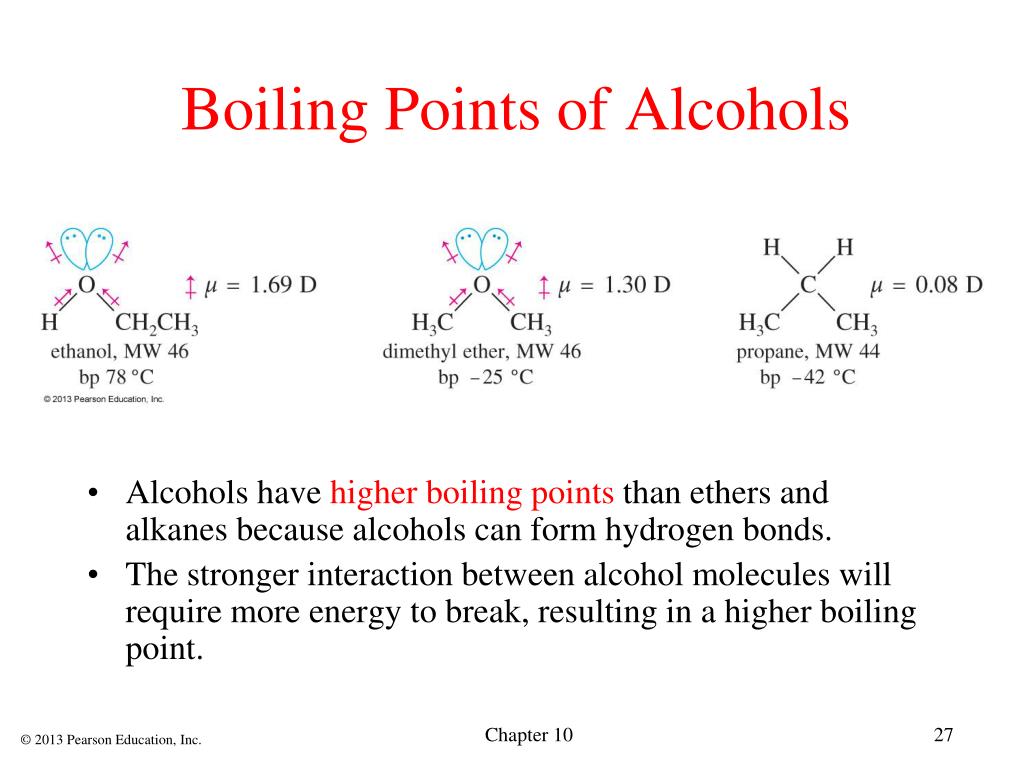Wine is an alcoholic beverage that is made from fermented grapes or other fruits. It is enjoyed by millions of people around the world for its unique taste and aroma. However, not many people know about the boiling point of alcohol in wine. In this article, we will discuss the boiling point of alcohol in wine and its importance in the winemaking process.
What is the Boiling Point of Alcohol in Wine?
/whiskey-distillation-157532646-57a236655f9b589aa91b8ff0.jpg)
The boiling point of alcohol in wine is the temperature at which the alcohol in wine begins to boil and evaporate. Alcohol has a lower boiling point than water, which means that it will evaporate faster than water when heated. The boiling point of alcohol in wine is around 78.5°C or 173.3°F.
Why is the Boiling Point of Alcohol in Wine Important?

The boiling point of alcohol in wine is important because it affects the flavor and aroma of the wine. When wine is heated, the alcohol begins to evaporate, which can result in a change of flavor and aroma. If the wine is heated too much, the alcohol content can be reduced, which can affect the overall quality of the wine.
Winemakers must carefully monitor the boiling point of alcohol in wine during the winemaking process to ensure that the wine has the desired flavor and alcohol content.
Factors Affecting the Boiling Point of Alcohol in Wine

The boiling point of alcohol in wine can be affected by several factors, including the alcohol content of the wine, the atmospheric pressure, and the altitude. The higher the alcohol content of the wine, the lower its boiling point. Similarly, the higher the atmospheric pressure, the higher the boiling point of alcohol in wine. At higher altitudes, the boiling point of alcohol in wine is lower due to the lower atmospheric pressure.
Effects of Boiling Wine
Boiling wine can have several effects on its flavor and aroma. When wine is boiled, the alcohol evaporates, which can result in a change of flavor and aroma. The wine becomes more concentrated, which can make it sweeter and more intense. Boiling wine can also help to remove any unwanted flavors or aromas that may be present in the wine.
The Boiling Point of Different Types of Alcohol in Wine

The boiling point of alcohol in wine can vary depending on the type of alcohol that is present. For example, ethanol, which is the primary alcohol in wine, has a boiling point of around 78.5°C or 173.3°F. Methanol, which is present in small amounts in wine, has a lower boiling point of around 64.7°C or 148.5°F.
Conclusion
The boiling point of alcohol in wine is an important factor in the winemaking process. It affects the flavor and aroma of the wine and can be influenced by several factors, including the alcohol content of the wine, atmospheric pressure, and altitude. Winemakers must carefully monitor the boiling point of alcohol in wine to ensure that the wine has the desired flavor and alcohol content. Boiling wine can have several effects on its flavor and aroma, and the boiling point of different types of alcohol in wine can vary.